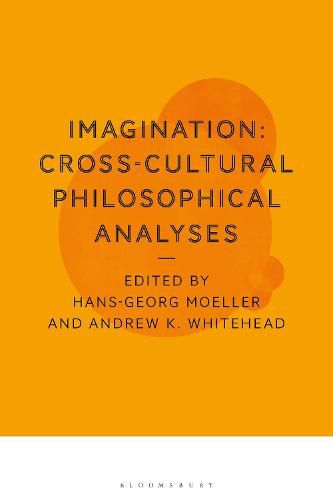Readings Newsletter
Become a Readings Member to make your shopping experience even easier.
Sign in or sign up for free!
You’re not far away from qualifying for FREE standard shipping within Australia
You’ve qualified for FREE standard shipping within Australia
The cart is loading…






Imagination: Cross-Cultural Philosophical Analyses is a rare intercultural inquiry into the conceptions and functions of the imagination in contemporary philosophy.
Divided into East Asian, comparative, and post-comparative approaches, it brings together a leading team of philosophers to explore the concepts of the illusory and illusions, the development of fantastic narratives and metaphors, and the use of images and allegories across a broad range of traditions. Chapters discuss how imagination has been interpreted by thinkers such as Zhuangzi, Plato, Confucius, Heidegger, and Nietzsche.
By drawing on sources including Buddhist aesthetics, Daoism, and analytic philosophy of mind, this cross-cultural collection shows how the imagination can be an indispensable tool for the comparative philosopher, opening up new possibilities for intercultural dialogue and critical engagement.
$9.00 standard shipping within Australia
FREE standard shipping within Australia for orders over $100.00
Express & International shipping calculated at checkout
Imagination: Cross-Cultural Philosophical Analyses is a rare intercultural inquiry into the conceptions and functions of the imagination in contemporary philosophy.
Divided into East Asian, comparative, and post-comparative approaches, it brings together a leading team of philosophers to explore the concepts of the illusory and illusions, the development of fantastic narratives and metaphors, and the use of images and allegories across a broad range of traditions. Chapters discuss how imagination has been interpreted by thinkers such as Zhuangzi, Plato, Confucius, Heidegger, and Nietzsche.
By drawing on sources including Buddhist aesthetics, Daoism, and analytic philosophy of mind, this cross-cultural collection shows how the imagination can be an indispensable tool for the comparative philosopher, opening up new possibilities for intercultural dialogue and critical engagement.